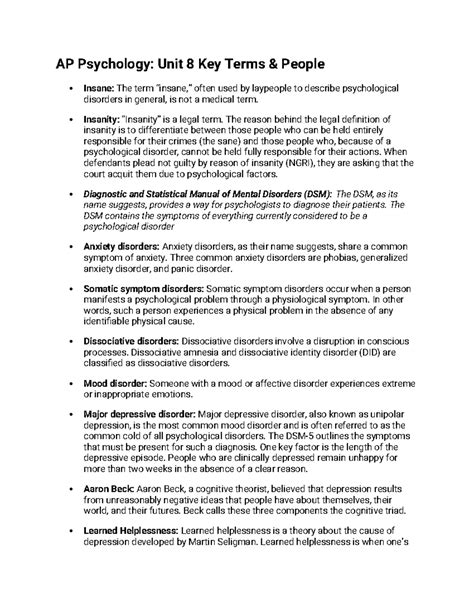The social self is the part of our personality that develops through our interactions with others. It includes our self-concept, our social identity, and our social roles.

Self-Concept
Our self-concept is the way we think about ourselves. It includes our beliefs about our abilities, our values, and our goals. Our self-concept is shaped by our experiences with others, and it can change over time.
Social Identity
Our social identity is the way we define ourselves in terms of our membership in different groups. We may identify with our family, our culture, our religion, or our political affiliation. Our social identity can influence our behavior, and it can also affect the way we are perceived by others.
Social Roles
Our social roles are the expectations that others have for us based on our position in society. We may have different social roles at home, at work, and in our social groups. Our social roles can influence our behavior, and they can also affect the way we are perceived by others.
The social self develops through a process of socialization. Socialization is the process by which we learn the values, beliefs, and norms of our culture. We are socialized through our interactions with family, friends, teachers, and other members of society.
Socialization begins in childhood, and it continues throughout our lives. As we interact with others, we learn about ourselves and about the world around us. We learn what is expected of us, and we develop our own sense of self.
The social self is important for our mental and emotional health. A strong social self can help us to feel confident and secure in our relationships with others. It can also help us to cope with stress and adversity.
A weak social self can lead to feelings of isolation, loneliness, and depression. It can also make us more vulnerable to the negative effects of stress.
The principles of Unit 8 AP Psychology can be applied to a variety of real-world settings. For example, these principles can be used to:
- Improve communication
- Build relationships
- Resolve conflict
- Promote social change
Improve communication
The principles of Unit 8 AP Psychology can help us to improve our communication skills. By understanding how our social self develops, we can learn to communicate more effectively with others. We can also learn to be more sensitive to the needs of others, and we can build stronger relationships.
Build relationships
The principles of Unit 8 AP Psychology can help us to build stronger relationships. By understanding how our social self develops, we can learn to be more supportive of others. We can also learn to be more forgiving, and we can build stronger bonds with our friends and family.
Resolve conflict
The principles of Unit 8 AP Psychology can help us to resolve conflict more effectively. By understanding how our social self develops, we can learn to be more empathetic towards others. We can also learn to be more cooperative, and we can find more peaceful solutions to conflict.
Promote social change
The principles of Unit 8 AP Psychology can help us to promote social change. By understanding how our social self develops, we can learn to be more tolerant of others. We can also learn to be more active in our communities, and we can work together to create a more just and equitable world.
The social self is a complex and multifaceted construct. It is shaped by our experiences with others, and it plays an important role in our mental and emotional health. The principles of Unit 8 AP Psychology can help us to understand the social self, and they can be applied to a variety of real-world settings.
| Table 1 | Table 2 | Table 3 | Table 4 |
|---|---|---|---|
| The Development of the Social Self | The Importance of the Social Self | Applications of Unit 8 AP Psychology | Examples of Social Roles |
| Stages of Socialization | Benefits of a Strong Social Self | Improving Communication | Family Roles |
| Factors that Influence Socialization | Risks of a Weak Social Self | Building Relationships | School Roles |
| The Role of Culture | Resolving Conflict | Work Roles | |
- AP Psychology Unit 8: The Social Self
- Social Development: An Overview
- The Social Self: Definition and Development
